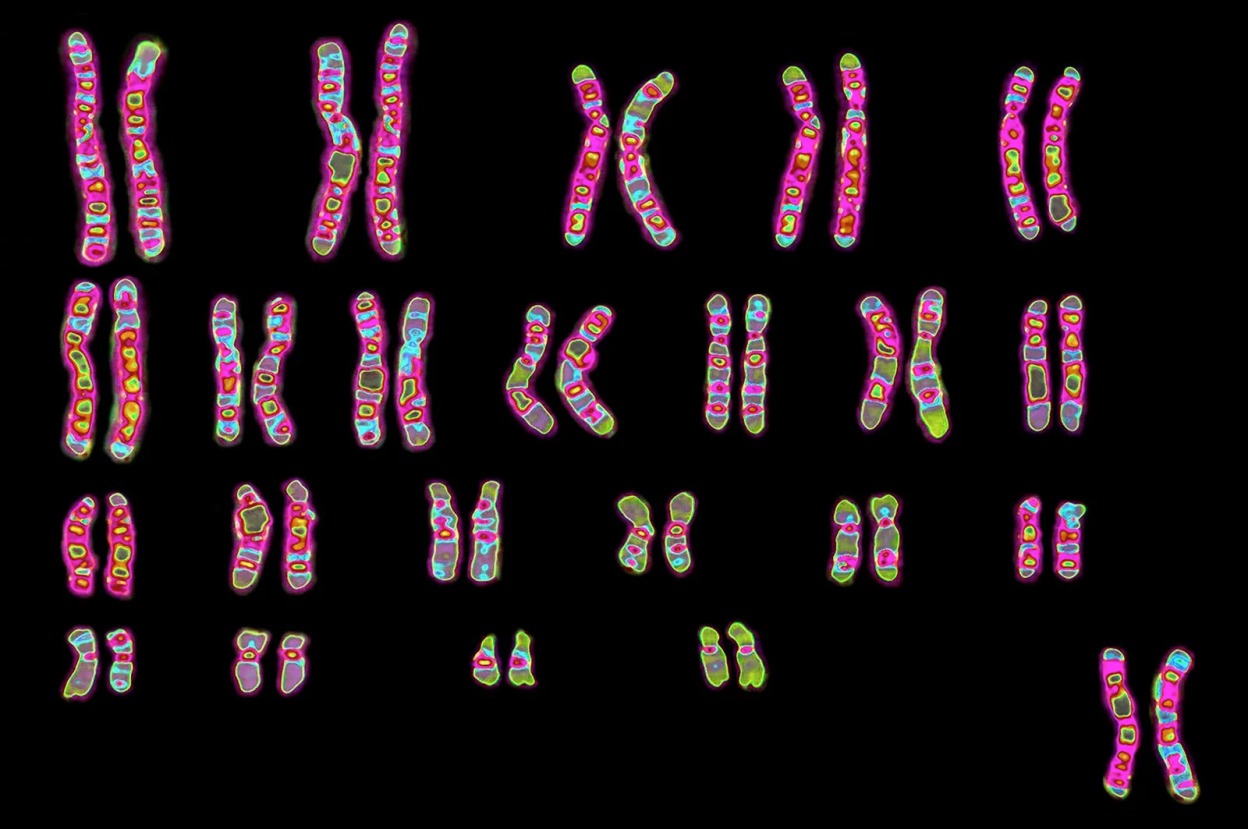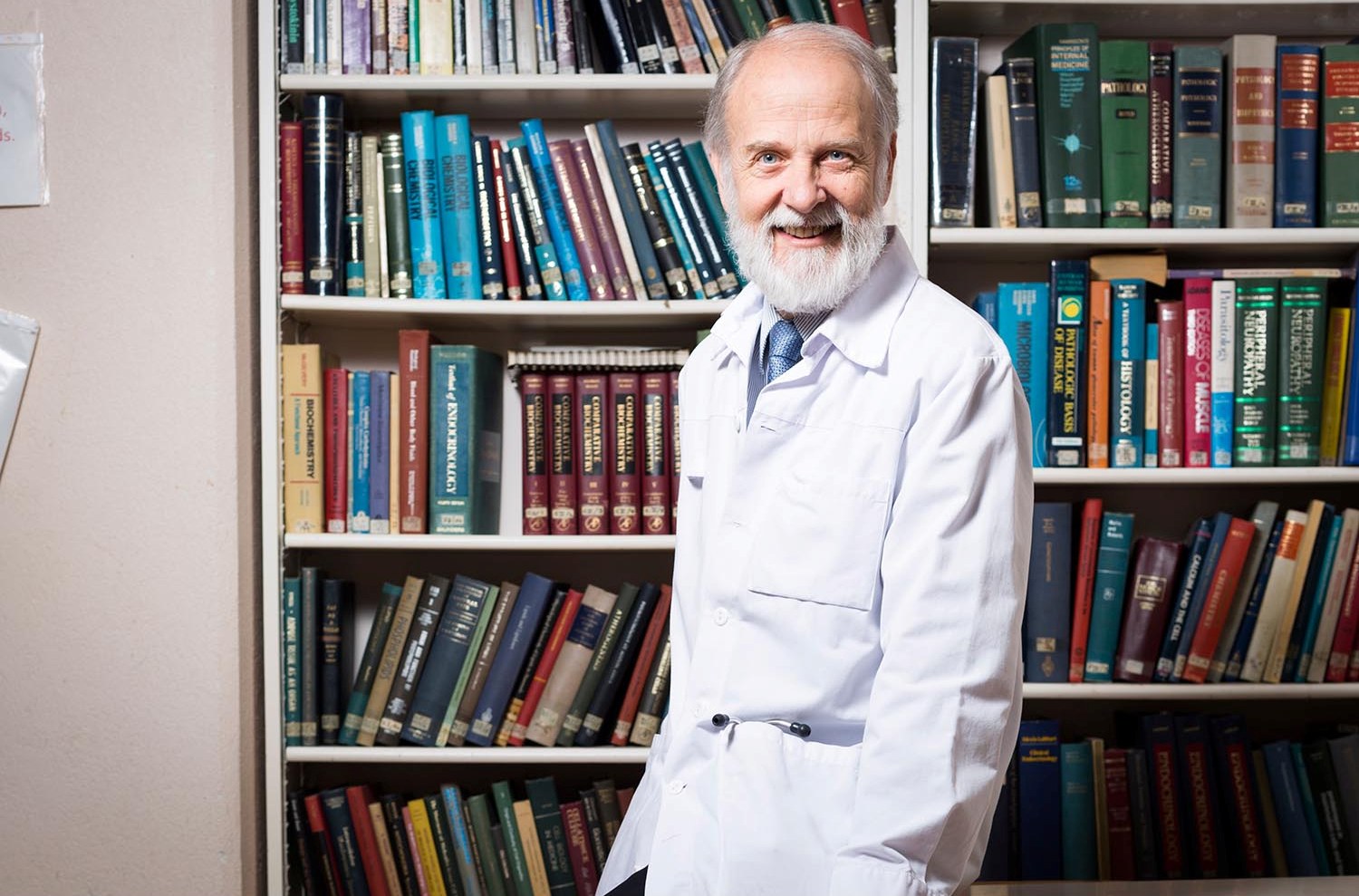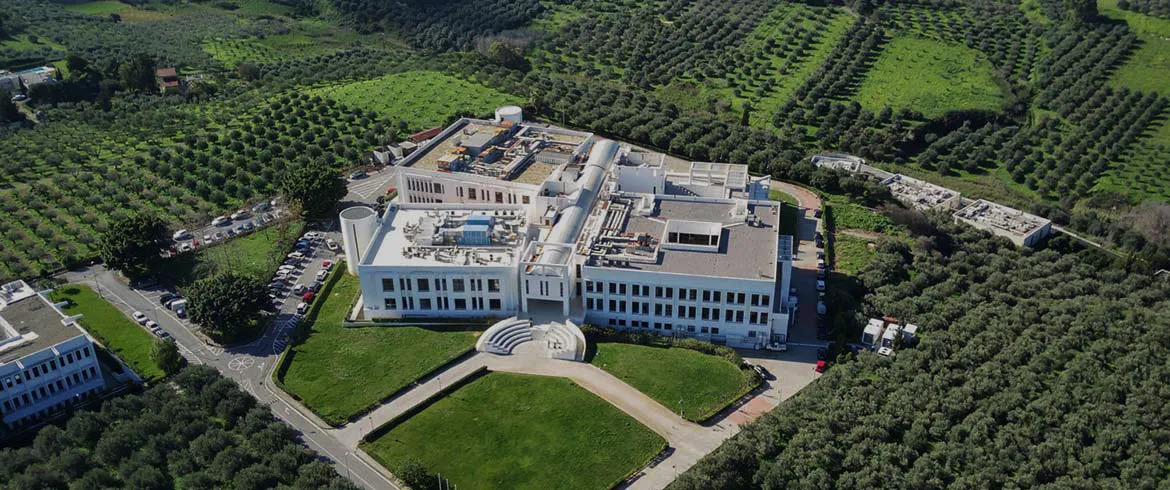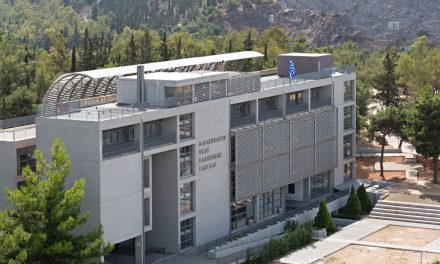Greece stakes its claim on the promising field of genomics research with the establishment of the “Hellenic Institute of Human Genomics” (EIGA). This new specialized institute, a part of the reputable Foundation for Research and Technology-Hellas (FORTH) and its first in Athens, “will support the Greek biomedical ecosystem, combining genetics and genomics with computational and clinical research,” according to the institute’s announcement.
The Deputy Minister of Development and Investments, Christos Dimas, said: “The establishment of the 1st Hellenic Institute of Human Genomics within FORTH’s network marks a leap into the new era. Greece has the scientific potential; it now has the infrastructure and much better conditions so that scientists and talented businessmen can feel confident that they can be competitive at an international level while working from Greece. This is a major development for research and life sciences in Greece and I am sure that the scientific know-how of FORTH will yield important results.”
In comments to ‘Kathimerini’, FORTH’s president and director Nektarios Tavernarakis said that the institute “is a very important step for research in our country, especially in this field, where until now there was no concentrated research effort, as there was no relevant institute”. “Research was being carried out in some laboratories, but in a fragmented manner, so we are very happy to welcome to the FORTH family the Hellenic Institute of Human Genomics, our tenth institute” he added.
“It is worth noting that EIGA is the first institute of FORTH in the capital of Greece. We seek cooperation with the big hospitals of Athens, which have the biobanks needed for our research. We will also collaborate with the Hellenic Network for Precision Medicine. In general, we want to promote cooperation for the development of valuable knowledge, always with the objective of dealing with diseases and helping people in practice”, mr. Tavernarakis noted.

The law for the establishment of “Hellenic Institute of Human Genomics” was passed this August, and things are expected to move swiftly: the first step is the selection of a director through an open international competition, and by 2023, the key university professors will have been recruited and the research groups staffed. As FORTH’s president concludes: “In the field of genomics, Greece has produced leading scientists, many of whom are now abroad, where they excel. The new institute will also act as pull factor for these brilliant scientists.”
Stylianos Antonarakis, emeritus professor of Genetic Medicine at the University of Geneva and former president of the International Human Genome Organization (HUGO) said: “It is a big day for biomedical research in Greece today because an exceptional framework was created for the exploration of the genome, a huge book of information that contains the secrets of life, growing, aging, and disease. I thank the excellent scientists who contributed to this effort, for the fantastic collaboration that led to the creation of the EIGA. Their scientific excellence and experience is a guarantee for success. I also thank the state for the enthusiasm and political will to create the EIGA”.
Speaking to ‘Kathimerini’, mr. Antonarakis emphasized that the relevant institute is absolutely necessary for Greece: “We are in the post-genomic era. Greece cannot be absent from it. Although the anatomy of the human genome is known, we don’t how you it works yet. We have a lot to learn and there is a huge field of research”. “Each person is unique. The genome of each individual differs by 0.97% from everyone else’s. Our diseases are the result of the particular diversity of each person’s genome, the diversity of the environment in which we live and the combination of the two. Now science has to examine the relationship between the genome and diseases”, mr. Antonarakis added.

Genomic Medicine is a revolutionary medical practice, as it is based on the study of the extensive genetic diversity of each individual. EIGA was created with the vision of attracting internationally recognized researchers and aspires to enrich the Greek scientific environment as well to lead worldwide research on genetic diversity and its relationship with various monogenic and multi-factorial diseases.
The study of the human genome is one of the most promising research directions for understanding the myriad diseases associated with genome dysfunction. The discoveries related to the genome reveal the secrets of how diseases work and pave the way for the development and provision of state-of-the-art diagnostic and therapeutic services, as well as for the development of new treatments that address the cause every disease and not just the symptoms.
The Institute’s mission is to conduct high-level competitive cutting-edge research in the field of human genetics, at the standards of leading centers abroad, as well as to provide services utilizing the diversity of local genomic variants and the history of the Greek population, with the aim of improving public health.
Asked by ‘Kathimerini’, whether such an institute be successful or is it a luxury for Greece mr. Antonarakis replied: “genomic medicine is absolutely necessary today. Dealing with disease is not a luxury. It is well known that progress in research is not mainly made by machines, but by human minds, and Greeks have proven to be are excellent scientists. We can have an institute based on the excellence of its scientists, competitiveness at the international level and innovative ideas and responses”.
The Foundation for Research and Technology – Hellas (FORTH) was founded in 1983. Comprising of 10 research Institutes and 3 Special Structures it is one of the largest research centers in Greece with well-organized facilities, highly qualified personnel and a reputation as a top-level research institution worldwide.
FORTH conducts specialized scientific research in strategic high-added value sectors, focusing on interdisciplinary research and development (R&D) activities in areas of major scientific, societal and economic interest. its Institutes are active in wide array of fields, from Natural Sciences and Engineering Sciences, Biomedical Sciences, to the Humanities and Social Sciences. FORTH works closely with leading Academic and Research institutions in Greece and abroad, with a focus the education and training of young scientists.
FORTH reports to the General Secretariat for Research and Innovation of the Ministry of Development and Investments and Its headquarters and central administration are based in Heraklion, Crete.
Read more via Greek News Agenda:
I.L.
TAGS: INNOVATION | RESEARCH | SCIENCE & TECHNOLOGY














